Enter a surname, town name or other keyword to search the database. Remember to
allow for the different spellings of 'Mc' and 'Mac.' Good luck!
{Search tips: Use single word search terms for more results}
You must enter some valid character(s) into the search field
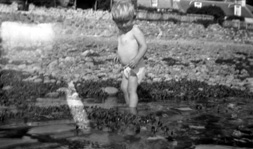
Reference: 21705a
George Maclennan (1920-2001) o...
|
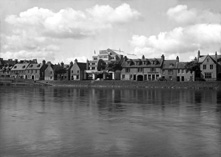
Reference: H-0202
The River Ness and the Palace ...
|
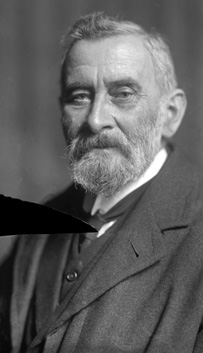
Reference: 17255
James Barron of The Inverness ...
|
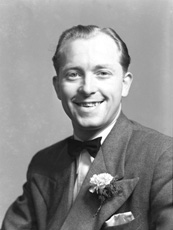
Reference: 41507b
Mr Young, band leader....
|
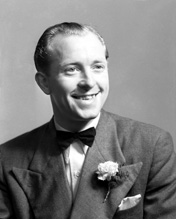
Reference: 41507a
Mr Young, band leader. ...
|
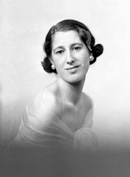
Reference: 33238b
Miss J. MacNeil, Mint Cottage,...
|
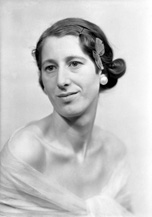
Reference: 33238a
Miss J. MacNeil, Mint Cottage,...
|
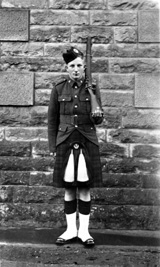
Reference: 33267a
Private W. Ross, Cameron Highl...
|
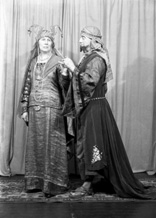
Reference: 29108f
Matheson Lang was born in Mont...
|
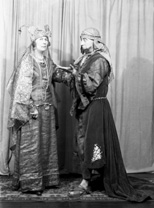
Reference: 29108e
Matheson Lang was born in Mont...
|
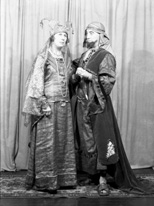
Reference: 29108d
Matheson Lang was born in Mont...
|
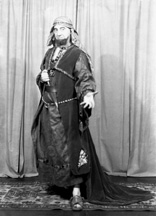
Reference: 29108c
Matheson Lang was born in Mont...
|